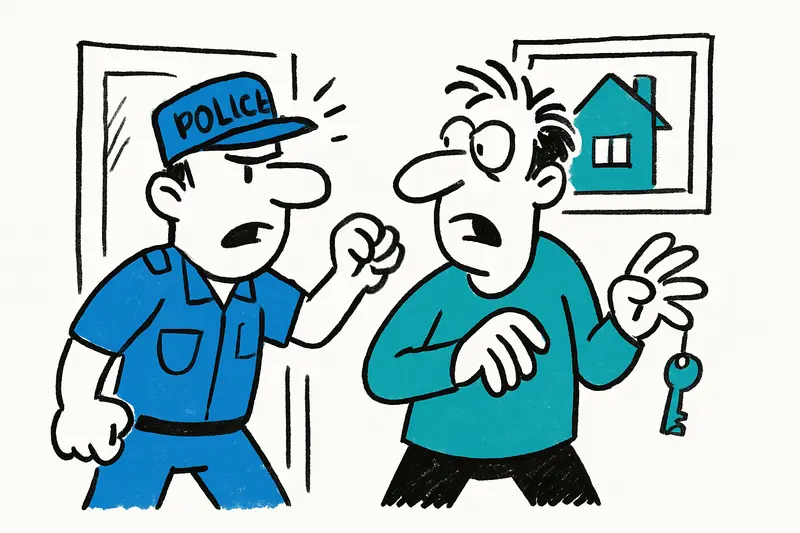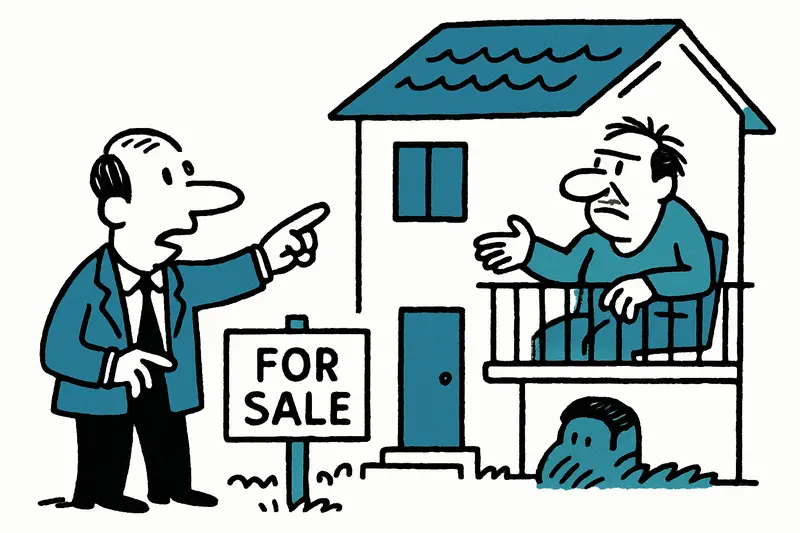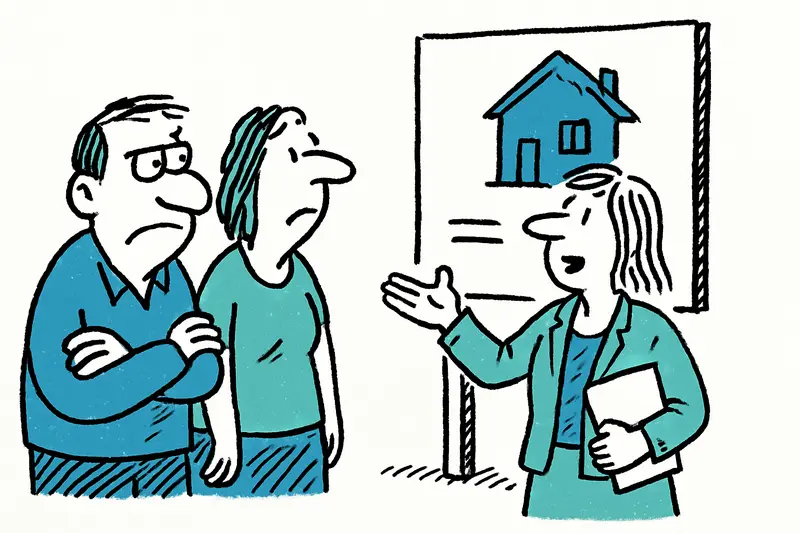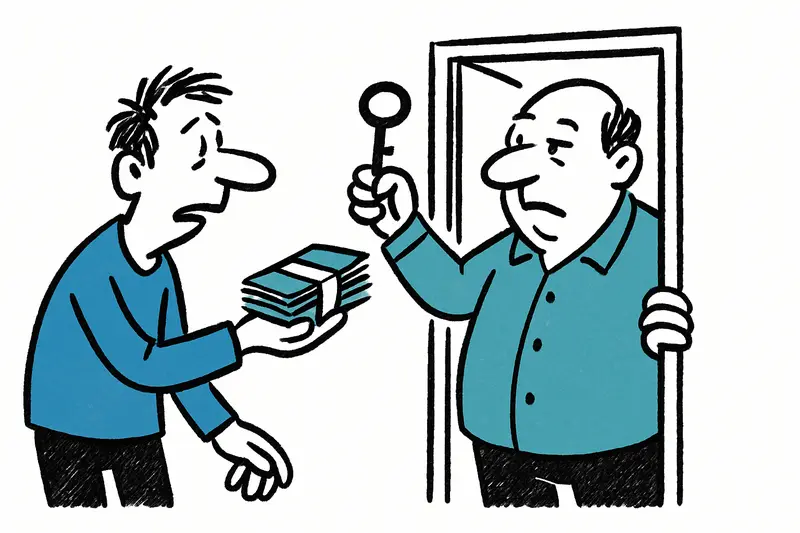A home purchase on the island ended in a tangle of forged emails and fake notary accounts. The lesson: skepticism is sometimes the best advisor.
How a lunch in Palma became an expensive nightmare
Sometimes a casual conversation in a street café is enough. Exactly so began apparently the case that is now before the court: a couple from New York were on the island for six days in March 2024, strolling through the old town and were approached in a restaurant at Plaça del Mercat by a man who allegedly wanted to sell a condominium. Two viewings later the purchase agreement was signed — or so the buyers thought.
The illusion of a legitimate deal
The apartment in the historic district was appealing, asking price: 1,130,000 euros. In front of a notary, a reservation contract was signed, ten percent down, a one-month deadline for the remaining amount. Everything seemed normal: a notary seal, signatures, even a copy of the seller's ID. Small details only became apparent later — but by then the money had already been wired.
Forged emails and a new account
A few weeks after the vacation, the sellers contacted via email: the notary account details had changed; please transfer the remaining amount to a new account. The account did not lead to Palma but to a bank on the mainland near Málaga. The account was under a company; an alleged authorized representative with an address in Denmark appeared in the papers. The supposed seller presented himself as a Belgian resident of Costa Rica. In short: internationally sprawling — and the money gone.
Result: About 1.1 million euros have vanished without a trace, the apartment remains listed as available in the land registry. The victims filed a report with the Guardia Civil in Inca; the case is now handled by an investigating court in Torremolinos.
What went wrong – and how to avoid it
The scam is deceptive because it appears legally plausible: notarial contract, identities, deadlines. But emails can be forged, accounts opened quickly. My advice from discussions with lawyers and insiders on site: call the notary, always use the phone numbers from official directories, never transfer in response to an email without a personal callback, compare IBANs via independent sources, and if in doubt involve the consulate or the bank.
We often hear about tricksters, fake craftsmen or phishing emails – this case shows: healthy skepticism is also important when buying real estate. If you plan to buy on the island, involve local lawyers with experience in real estate transactions and process payments only through trusted escrow or notary accounts.
The investigations are ongoing. Until there is a verdict, this remains a bitter reminder of how quickly a dream of home ownership can turn into a loss — especially when great distances and digital communication come into play.
If you have had similar experiences or questions about safe real estate purchases on Mallorca, write to us. We will stay on it.
Similar News

Palma Tightens Crackdown on Illegal Vacation Rentals: Fines Over 300,000 Euros
The Island Council in Palma has imposed substantial penalties on several illegally rented apartments. Almost all units h...

Nearly 500 Occupied Houses for Sale on the Balearic Islands – What It Means for Buyers and Neighbors
Currently, nearly 500 occupied properties are listed for sale on the Balearics. We explain how common this is, where it ...

Fewer Foreigners Buy Real Estate on Mallorca – Prices Rise, Supply Shrinks
The Balearic Islands recorded a decline in foreign buyers in the first half of 2025. Reasons: rising price per square me...

Water Saving in the Garden: How Fincaplantas on Mallorca Creates Dry, Beautiful Gardens
Water shortage is a daily reality on the island. A family-run business from Llucmajor shows how well-designed Mediterran...

Shared rooms in Palma: Scarcity and higher prices (Q3 2025 figures)
Shared rooms on Mallorca are in higher demand than ever: more listings, but prices are rising as well. How much does a r...
More to explore
Discover more interesting content

Experience Mallorca's Best Beaches and Coves with SUP and Snorkeling

Spanish Cooking Workshop in Mallorca

